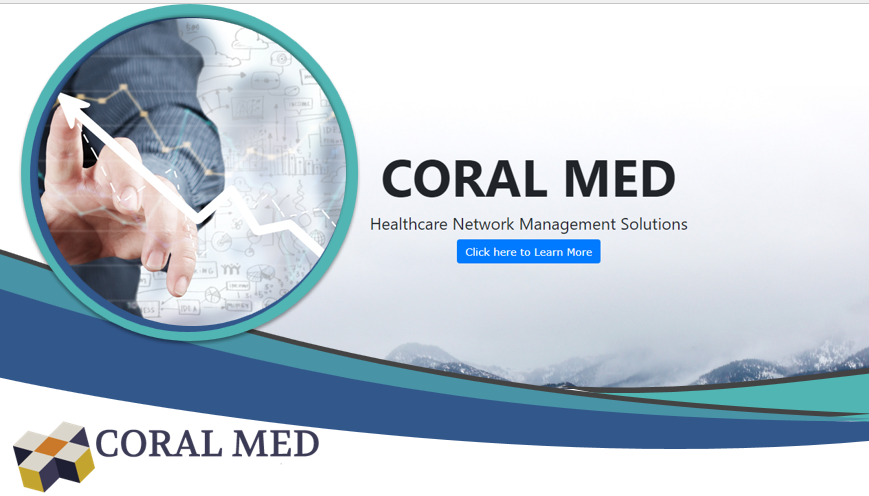Description
This unit introduces learners to quantitative and qualitative approaches for measuring and ensuring data quality within healthcare organizations. Emphasis is placed on developing and applying Key Performance Indicators (KPIs) to assess data accuracy, completeness, timeliness, and consistency across systems.
Learners will explore methods of data auditing, continuous monitoring, and automated dashboard reporting to support quality assurance. The unit also examines continuous quality improvement (CQI) methodologies, advanced analytics, and machine-learning applications used to sustain data quality in dynamic healthcare environments.
Define and explain the key dimensions and metrics of data quality, including accuracy, completeness, timeliness, and validity.
Develop and interpret KPIs and scorecards for measuring data quality performance within healthcare systems.
Apply data auditing and profiling techniques to identify data quality issues and evaluate compliance.
Analyze continuous monitoring methods and real-time dashboards for tracking data quality improvement.
Evaluate the effectiveness of data quality management systems (DQMS) in improving clinical outcomes and regulatory compliance.
Design a data quality improvement strategy using CQI methodologies and advanced analytics.
Assess the role of staff training and organizational culture in sustaining high data quality standards.
Upon completing this unit, learners will be able to:
Identify and describe the key performance indicators used to measure healthcare data quality.
Implement monitoring systems that track and visualize data quality performance in real time.
Conduct data audits and evaluations to verify accuracy, completeness, and consistency.
Interpret dashboard metrics to make informed decisions for quality improvement.
Evaluate data quality management systems for efficiency, compliance, and ROI.
Develop an organizational data quality improvement plan that includes measurement, monitoring, and feedback mechanisms.
Promote a culture of continuous data quality improvement through staff training and accountability initiatives.
Data Validation and Cleansing knowledge.
A foundational understanding of healthcare information systems and data quality concepts.
Interest in data analytics, quality improvement, or digital health transformation.
Follow Coral Plus LMS policies: participation, integrity, respectful conduct, HIPAA/privacy adherence, timely completion of assessments. 1. Participants should register in advance to receive access details. 2. Access links and passwords, if applicable, should be provided securely to registered participants. 3. Participants are encouraged to join the webinar a few minutes early to resolve any technical issues 4. Participants are responsible for ensuring a stable internet connection, compatible devices (computer, tablet, or smartphone), and recommended browsers. 5. A microphone and webcam may be required for interactive sessions. Please test your audio and video settings in advance. 6. The webinar may be recorded for educational purposes. 7. Recorded sessions may be shared with registered participants after the webinar. 8. Please be mindful not to share personal or confidential information during the webinar. 9. A detailed agenda will be provided, and each session will adhere to the schedule to cover all planned topics. 10. Time will be allocated for Q&A sessions and discussions. 11. A helpdesk or contact information for technical support will be provided during the webinar. 12. Common technical issues will be addressed at the beginning of the session. 13. Relevant resources, such as presentation slides or additional reading materials, will be shared after the webinar.
Data quality and performance analysts monitoring healthcare data systems.
Health information managers responsible for compliance and reporting accuracy.
Clinical quality officers seeking to align data quality with patient safety and clinical outcomes.
Healthcare IT professionals developing dashboards or automated quality tools.
Auditors and compliance specialists evaluating data governance and performance metrics.
Students and early-career professionals in health informatics, public health, or data science interested in practical measurement and monitoring techniques.



